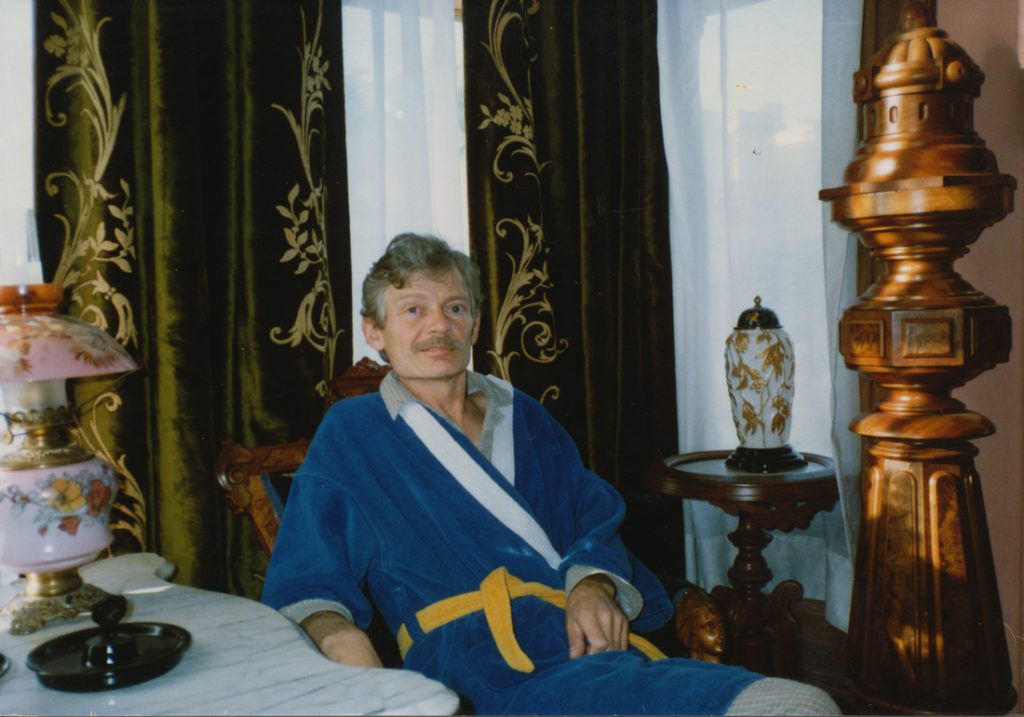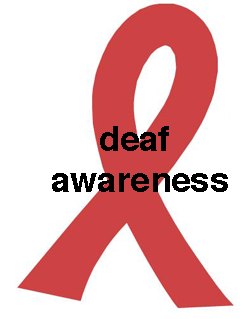Donald “Don” Parodi
Donald N. Parodi was a 1960 graduate.
He was especially proud to be a member of the 1960 graduating class as it was an historic period in time. It was the 100th anniversary of the founding of the California School for the Deaf in 1860. He, perhaps more than any other member of the class, appreciated the significance of the school’s long existence and the impact it had on the lives of deaf children.
Parodi came to the Berkeley School in 1946 at the age of seven from a broken family, from a broken family, with no education. At CSD he embraced teachers who provided skills for communication and learning, counselors who accepted and guided him in a residential setting, and classmates with similar problems and attributes. The school was a dream come true and like home for Parodi.
Miss Robinson, supervising teacher of the intermediate department, saw a troubled and lonesome boy. She gave him his first job, straightening books on shelves and cleaning the library. His eyes widened as Miss Robinson handed him his first wages of ten cents for a job well done. She continued to teach him how to manage and save his earnings. Parodi gained a reputation as a good worker.
Soon Principal and Mrs. Myron Leenhouts, who lived in the elegant Victorian house on the campus, hired him as a house cleaner. Each day of work made him more aware of the beauty of rare wood, glass, and china. He began a lifelong hobby of collecting china in the blue Lorne pattern; dishes identical to those collected and used by Dr. Warring Wilkinson, head of the school from 1864 to 1909.
By graduation time in 1960, the foundation for Parodi’s vocation had been well established. Sign language was his prime mode of expression. His only published written work in The California News appeared in the last issue of his last year in school, the very last article on the last page.
He wrote: “Since I came to CSD in 1946, I have watched our school change from the old-fashioned, red brick buildings to the new, modern structures which are in Spanish style architecture. Dr. Stevenson had planned for many years to improve this campus. All the old buildings are gone except the principal’s house.
I want to express my appreciation to Dr. Stevenson, Mr. Brick, former dean, the teachers and the counselors for the advice and help given to me through these years that I have been at CSD.”
After graduation Parodi became the house cleaner for the famous Sally Stanford, noted for her Victorian homes in San Francisco and Sausalito. In the 1960’s San Francisco had a building boom and interest in Victorian houses diminished. Many houses were demolished and the rest took a drop in value.
Over the next few years Parodi bought three Victorian flats containing ten apartments. As landlord he did most of the repairs and remodeling himself. Some years later he bought a ranch near Stockton, California.
In the 1970s Parodi returned to the Berkeley campus and found Ralph Neesam and Mildred Albronda exploring a basement room in the high school building. It contained CSD treasures of the past hundred years. The three of them created a school historical committee with the goal of establishing a museum. The goal was setback when it was announced that the school was moving! Of necessity the focus shifted to locating and saving as any objects as possible. A school wide committee was formed to identify and earmark historic items for a museum planned for the new school Parodi volunteered a great deal of his time to this project.
In 1980 the school moved to Fremont and Parodi frequented the new museum for the next nine years stocking it with objects he had collected and repaired broken items. He often said the museum was his real home. As a result of this strong attachment, he established the Donald N. Parodi Memorial Charitable Trust just before he died of a serious illness at the age of 49.
Source: Parodi Charitable Trust
Share a memory or leave a comment...
You must be logged in to post a comment. Registration required. All posts are moderated and will not appear immediately.

